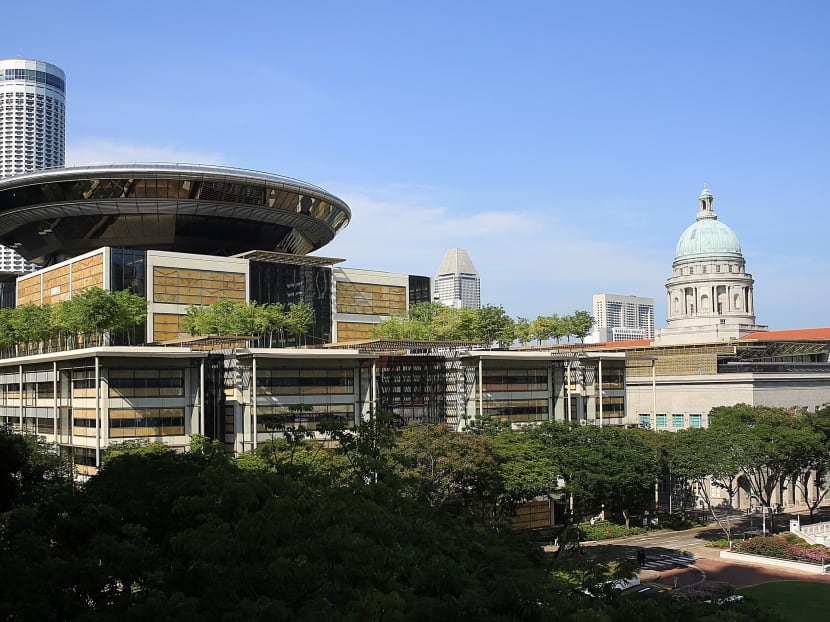Laws proposed to stop parents in custody battles from skipping town with kids
SINGAPORE — Laws could be introduced to prevent parents embroiled in custody battles from breaching court orders and leaving the jurisdiction with their children.
SINGAPORE — Laws could be introduced to prevent parents embroiled in custody battles from breaching court orders and leaving the jurisdiction with their children.
Announcing this at the Family Justice Courts work plan seminar held on Monday (Feb 20) morning, Presiding Judge of the Family Justice Courts Valerie Thean said it would be discussing “stop order legislation” with Government ministries and other agencies this year.
More divorce cases are becoming cross-border, and four in 10 divorces — or 2,502 divorces — in the local courts last year involved at least one party who was a foreigner.
Singapore needs to develop the infrastructure to support the rule of law in cross-border disputes, said Judicial Commissioner Thean.
“The stakes for parents are extremely high in these cases. Whichever way the court decides, one of the parents would invariably be physically separated from their children across frontiers,” she said.
“With the ease of international travel, otherwise law-abiding parents often feel compelled to take the law into their own hands.”
Although Singapore is already party to the Hague Convention, stop order laws will help in two ways, JC Thean said.
Firstly, a stop order would cut out the long process of seeking a child’s return after abduction to another signatory country. Second, although the convention has about 80 signatories, there are many other countries that are not a party, “in particular those in our immediate Asian region”, noted JC Thean.
“As Singapore grows as a transnational hub, more will require greater protection,” she said.
The Hague Convention seeks to protect children from being abducted and retained across international boundaries, by providing a procedure to bring about their prompt return.
Stop order laws exist in countries such as Hong Kong, New Zealand and Australia.
Cases of parents defying court orders have happened here, but figures on the number of these cases or of children taken out of jurisdiction are not available. In 2014, a district judge barred a Singaporean man from relocating to Spain with his new family (Spanish wife and baby) and three children from his previous marriage. The father appealed against the decision — unsuccessfully, as it turned out — but four months before the appeal was even heard, he had taken two of the three children from his previous marriage to Spain.
The High Court judge had disallowed the appeal as it was not in the children’s interests; they would be uprooted from their lives in Singapore and contact with their American mother would be reduced.
The impact on children taken out of jurisdiction without the consent of the other parent can be serious and irreversible, noted JC Thean.
Studies have found that a high proportion of them suffer from mental health effects that include post-traumatic stress, psychotic episodes, or panic attacks.







